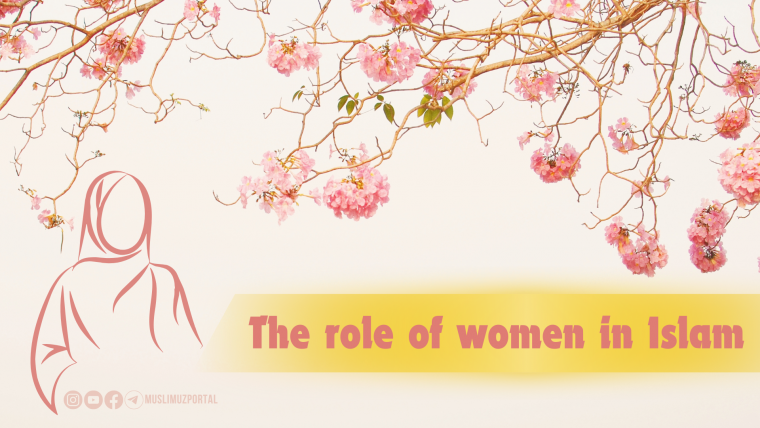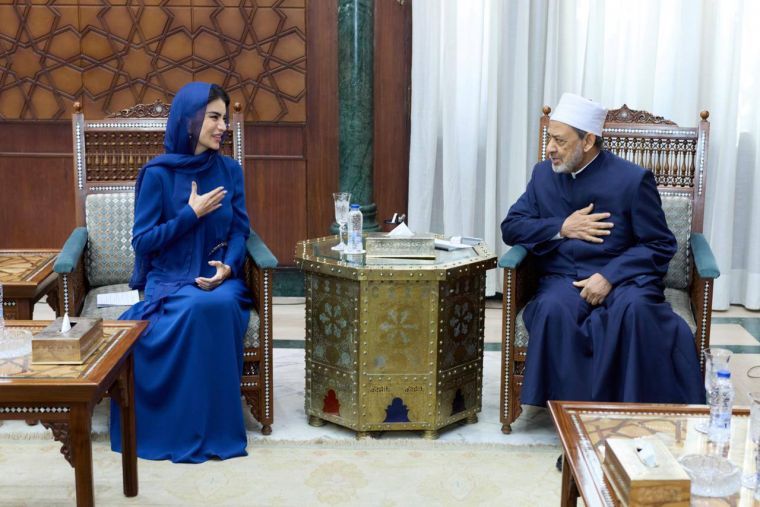Tashkent city



All women have rights just like men. For example, they can work, travel, and study. Islam also emphasizes the rights of women. We can see this in the lives of Sahabi women. Hadicha (r.a), Aisha (r.a), Fatima (r.a) and others can be role models for us. Women cannot be forced to do anything.
Woman is a mother. It is narrated from Talha bin Muawiya Sulami, may Allah be pleased with him: "O Messenger of Allah! I intend to fight in the way of Allah". The Messenger of God, may Allah bless him and grant him peace, said: “Is your mother alive?” I said: "Yes". The Prophet said: “Take care of your mother’s feet (always be in her service), because paradise is there" (Narration of Imam Tirmidhi).
Many men don’t support the work or studies of women. This is true, but we need women in certain jobs. For example, many women prefer to go to female doctors, and men often want this too.
https://t.me/xadichauz/16924

Saida Mirziyoyeva, Head of the Presidential Administration of the Republic of Uzbekistan, met in Cairo with Sheikh Ahmad Muhammad Tayyib, the Grand Imam of Egypt and Head of the Al-Azhar complex.
The meeting focused on strengthening cooperation between Uzbekistan and Egypt in the fields of spirituality, science, and education.